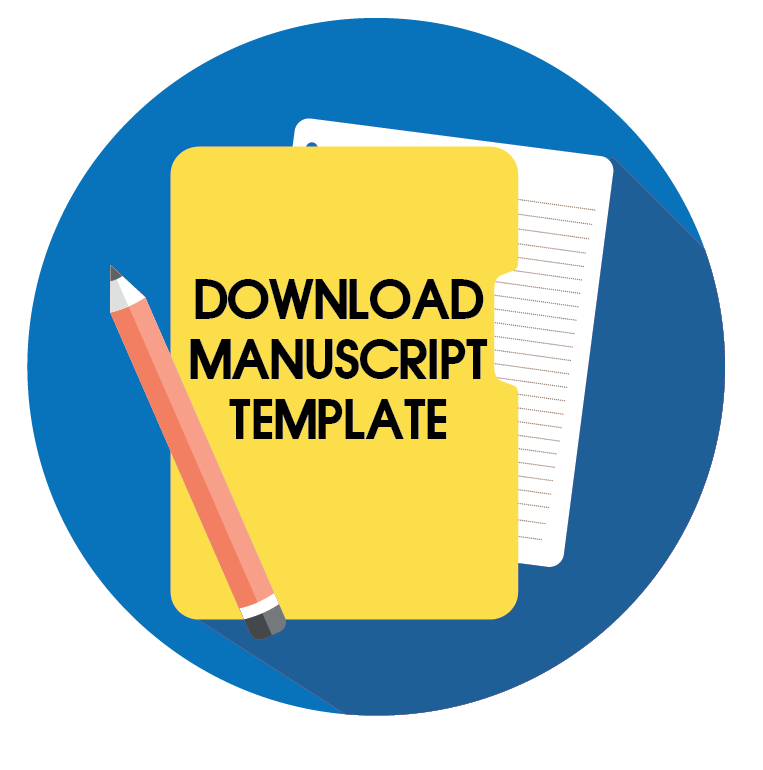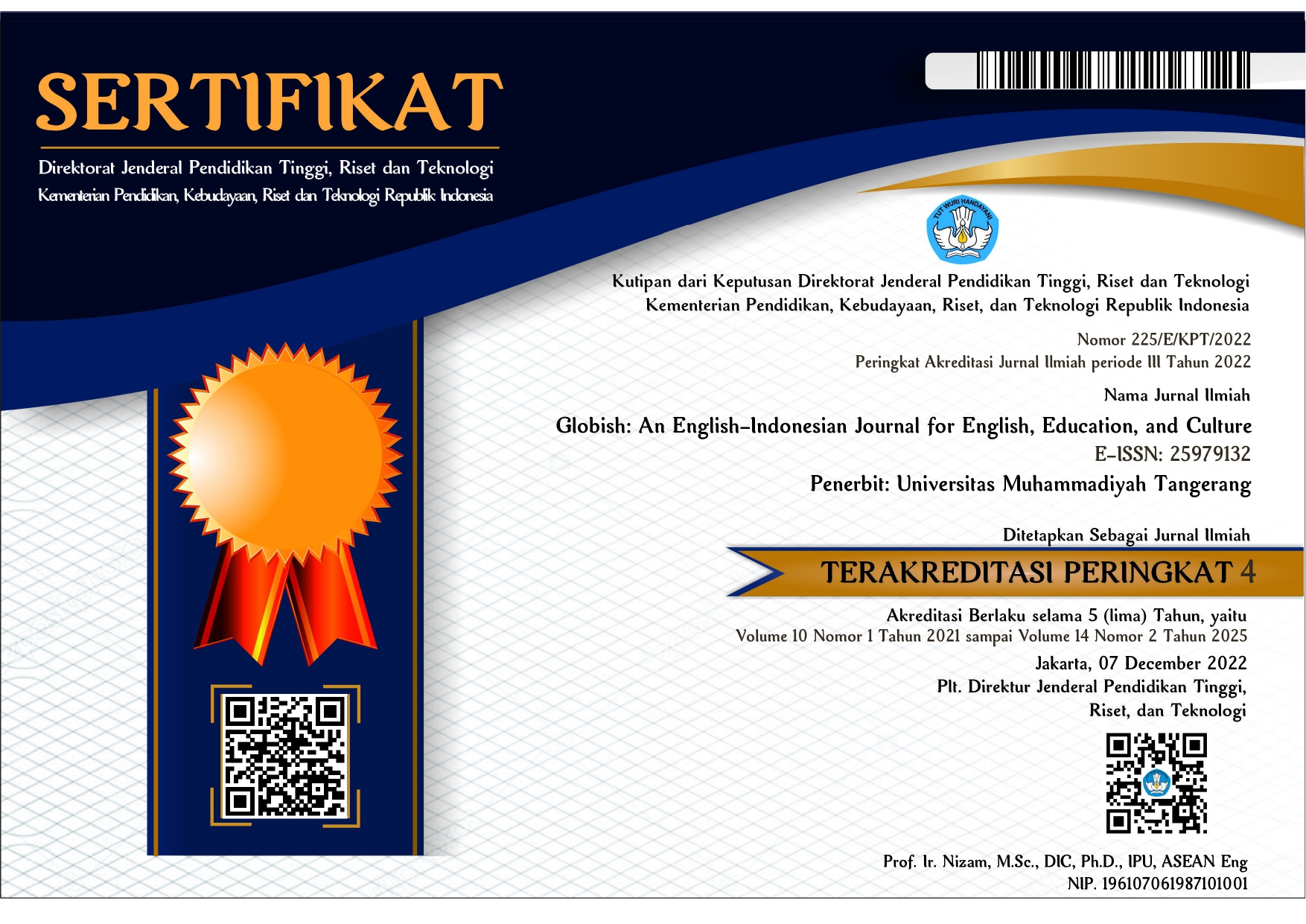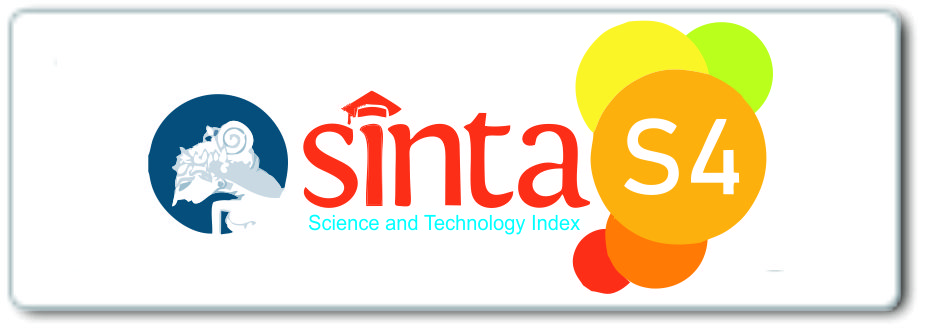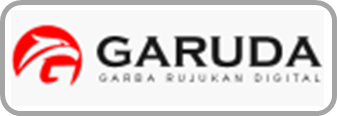Transformative Learning: Exploring Project Based Learning into Paragraph Writing
Abstract
Project-Based Learning (PBL) is a teaching method that contains students in enthusiastically involving with real-life, individualized significance projects. This method allows students to foster their knowledge and skills. Those characteristics are necessary for the students. Therefore, this research examines the implementation of Project-Based Learning (PjBL) in teaching definition paragraph writing, using a qualitative research approach. The research emphasizes comprehending how PBL improves students' appointment, teamwork, and writing skills by focusing on challenges encountered through its implementation. Data were collected through observations and interviews. The findings expose that PjBL raises energetic involvement and critical thinking, allowing students to construct well-organized and expressive definition paragraphs. Though the research also points to challenges like students' problems in familiarizing themselves with collaborative tasks, time management issues, and the need for clear guidance. These results recommend that whereas PjBL is an active method of teaching paragraph writing, its success rests on structured planning and continuous support from educators. The research underwrites the cultivating body of information on participating PjBL into writing instruction, providing practical understandings for increasing teaching methods and student results.
Keywords
Full Text:
PDFReferences
Argawati, N. O., & Suryani, L. (2020). PROJECT-BASED LEARNING IN TEACHING WRITING: THE IMPLEMENTATION AND STUDENTS� OPINION. English Review: Journal of English Education, 8(2), 55. https://doi.org/10.25134/ERJEE.V8I2.2120
Arumi, S. (2015). Alternative Techniques for Teaching Writing. Register Journal, 8(2), 163–172. https://doi.org/10.18326/RGT.V8I2.163-172
Ary, Donald., Jacobs, L. Cheser., Sorensen, C. Knupp., & Walker, D. A. . (2019). Introduction to research in education. https://books.google.com/books/about/Introduction_to_Research_in_Education.html?hl=id&id=4RREDwAAQBAJ
Corbin, J., & Strauss, A. (2015). Basics of Qualitative Research - Juliet Corbin, Anselm Strauss - Google Buku. https://books.google.co.id/books?id=Dc45DQAAQBAJ&printsec=copyright&hl=id#v=onepage&q&f=false
Creswell, J. (2007). Creswell , J . W . ( 2007 ). Qualitative inquiry and research design : Choosing among five approaches ( 2 " ’ ’ Edition ). Thousand Oaks : Sage . Qualitative Inquiry. https://books.google.com/books/about/Qualitative_Inquiry_and_Research_Design.html?hl=id&id=DetLkgQeTJgC
Di̇lekli̇, Y. (2020). Project-Based Learning. Paradigm Shifts in 21st Century Teaching and Learning, 53–68. https://doi.org/10.4018/978-1-7998-3146-4.CH004
Farida, M. (2024). Tourist Guide Writing Project: Assisting 4C Skills through Project-Based Learning in English for Tourism. International Journal of Research in Education, 4(2), 268–282. https://doi.org/10.26877/IJRE.V4I2.460
Hennink, M. M. ., Hutter, Inge., & Bailey, Ajay. (2020). Qualitative research methods. https://books.google.com/books/about/Qualitative_Research_Methods.html?hl=id&id=_InCDwAAQBAJ
Ilham, I. (2022). IMPLEMENTING PROJECT-BASED LEARNING FOR EFL STUDENTS’ WRITING ACHIEVEMENT AT TERTIARY LEVEL. English Review: Journal of English Education, 10(3), 1003–1012. https://doi.org/10.25134/ERJEE.V10I3.6470
Maguire, M., & Delahunt, B. (2017). Doing a thematic analysis: A practical, step-by-step guide for learning and teaching scholars. All Ireland Journal of Higher Education, 9(3). https://doi.org/10.62707/aishej.v9i3.335
Pane, W. S., & Sanchez, A. O. (2023). The Problem Faced by Freshmen Students of English Education Department In Writing English Paragraph. Borneo Educational Journal (Borju), 5(1), 97–105. https://doi.org/10.24903/BEJ.V5I1.1221
Qizi, M. D. G. (2021). EFFECTIVE STRATEGIES FOR TEACHING WRITING | Semantic Scholar. https://doi.org/https://doi.org/10.17605/OSF.IO/4A8KH.
Rahman, M. M. (2022). The Essentials of Paragraph Writing to Develop Writing Skill. Global Journal of Human-Social Science Research, 71–75. https://doi.org/10.34257/GJHSSGVOL22IS5PG71
Romsi, A., & Sulistyaningsih, S. (2024). UNLOCKING THE POTENTIAL OF PROJECT-BASED LEARNING: ELEVATING WRITING SKILLS IN ISLAMIC SCHOOL JUNIOR HIGH STUDENTS. Jurnal Visi Ilmu Pendidikan, 16(1), 83–96. https://doi.org/10.26418/JVIP.V16I1.72152
Šafranj, J., Bogdanović, V., & Bulatović, V. (2022). Paragraph development in scientific and technical writing. Proceedings, 593–598. https://doi.org/10.24867/GRID-2022-P65
Siddiqui, K. A., Abbasi, R. H., & Soomro, A. (2023). Paragraph Organization Errors in the Writing of Pakistani College-Going Students: An Error Analysis Study. Academy of Education and Social Sciences Review, 3(2), 131–139. https://doi.org/10.48112/AESSR.V3I2.479
Sultan, M. R., Qalbi, N., & Nappu, S. (2023). Project-Based Learning in Creative Writing: Teachers’ Strategies and Encountered Obstacles. Voices of English Language Education Society, 7(2), 374–384. https://doi.org/10.29408/VELES.V7I2.21419
Tryantama, A. R., & Farhan, M. Al. (2024). The Application of Project-Based Learning in Essay Writing within English Essay Writing Course. Intensive Journal, 7(1), 27–34. https://doi.org/10.31602/INTENSIVE.V7I1.14623
Viswambaran, V. K., & Shafeek, S. (2019). Project Based Learning (PBL) Approach for Improving the Student Engagement in Vocational Education : An investigation on students‘ learning experiences & achievements. 2019 Advances in Science and Engineering Technology International Conferences (ASET). https://doi.org/10.1109/ICASET.2019.8714463
Wang, S. (2022). Critical Thinking Development Through Project-Based Learning. Journal of Language Teaching and Research, 13(5), 1007–1013. https://doi.org/10.17507/JLTR.1305.13
DOI: http://dx.doi.org/10.31000/globish.v14i1.12826
Article Metrics
Abstract - 1005 PDF - 337Refbacks
- There are currently no refbacks.
Globish
Program Studi Pendidikan Bahasa Inggris
Fakultas Keguruan dan Ilmu Pendidikan
Universitas Muhammadiyah Tangerang
Jl. Perintis Kemerdekaan I/33, Cikokol
Kota Tangerang, Indonesia
e-mail: globish_journal@umt.ac.id
Globish (p-ISSN: 2301-9913 | e-ISSN: 2301-9913) is licensed under a Creative Commons Attribution-ShareAlike 4.0 International License.









